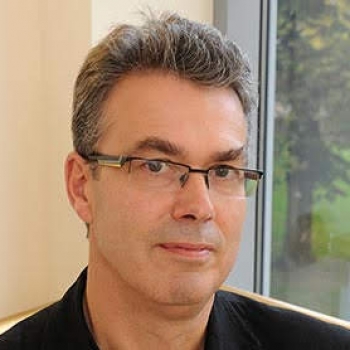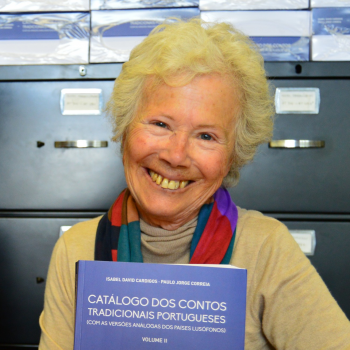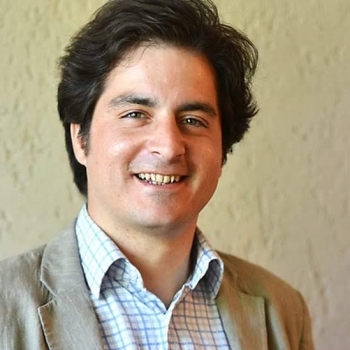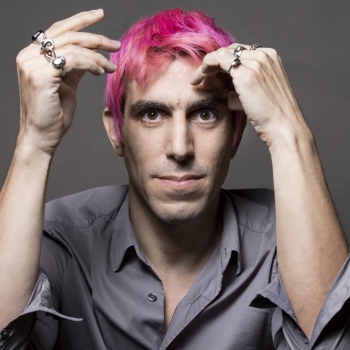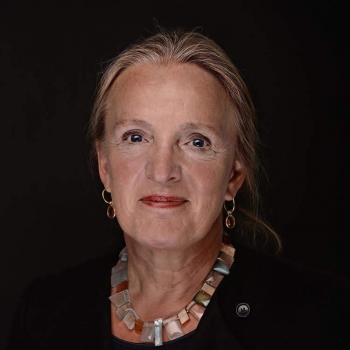Bio
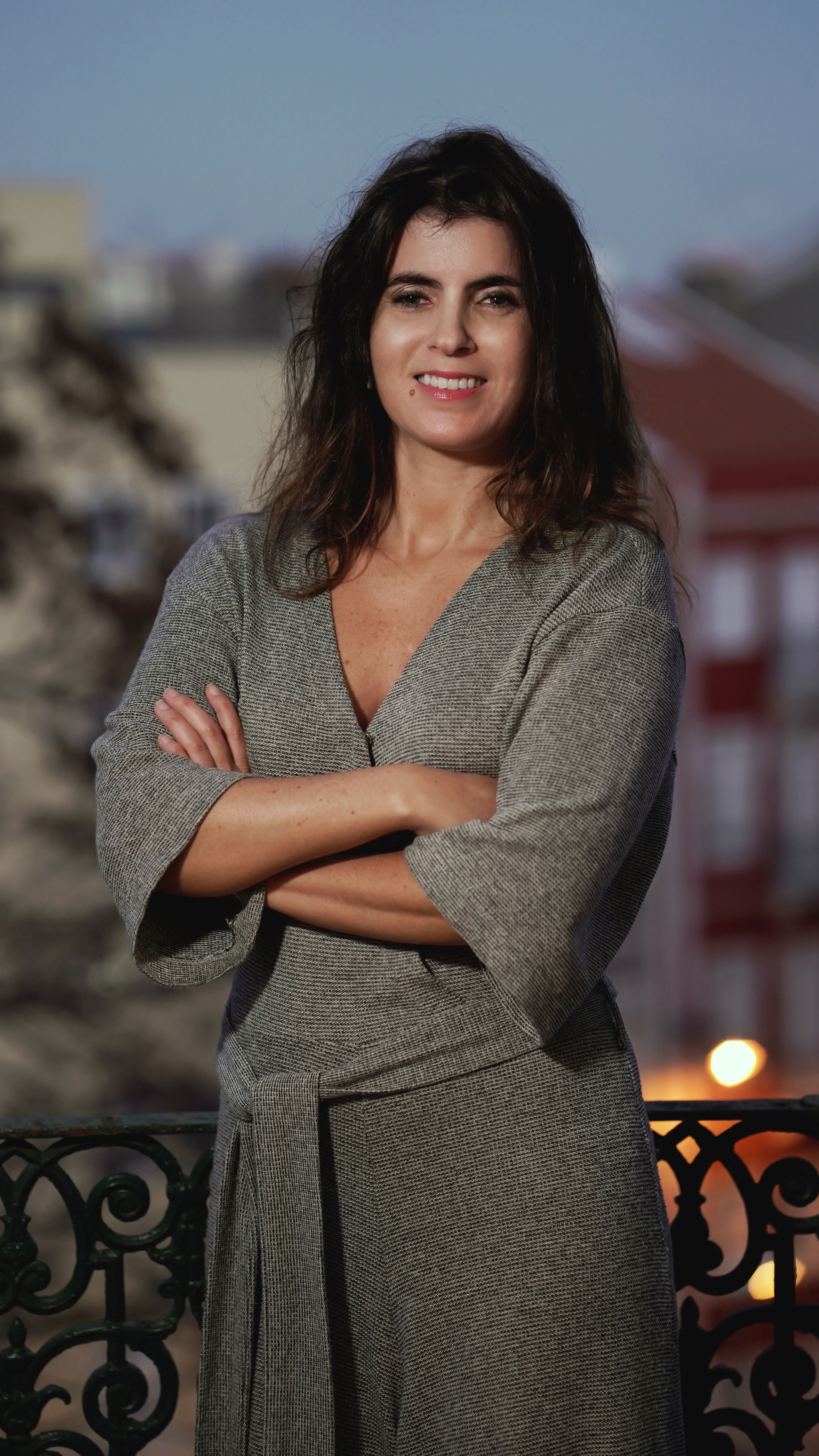
Understanding the relation between literature and science has always been dear to me, and this eagerness was heightened by my contact with Darwin and the study of Victorian evolutionary theories during my MA and PhD at Keele University, UK. My PhD thesis, ‘Sexual Plots in Charles Darwin and George Eliot: evolution and manliness in Adam Bede and The Mill on the Floss’(2008), focused on the rich interplay between science and literature, particularly sexual selection theories, and was supported by a 4-year FCT scholarship. It explored the intersections between George Eliot’s and Charles Darwin’s fictional and scientific styles whilst demonstrating that Eliot and Darwin are both novelistic scientists and scientific novelists. By analysing their representation of masculinity, in particular masculine subjectivity, I argued that literature and science are first and foremost modes of expression, based on internal perceptions and projections, themselves variable, and liable to external influences. Literary and scientific texts are, after all, forms of cultural discourse: in their essence both creative and productive, and thus, eternally changing.
After completing my PhD, and as a natural development of my ongoing investigation, I expanded my interests in the history of Darwinian thought in other directions. I worked as a researcher at the Centre for English, Translation and Anglo Portuguese Studies (CETAPS), at both Porto and Lisbon Universities, on 19th century utopias and evolutionary readings of gender, and joined the Institute for the Study of Literature and Tradition (IELT) in 2010. I was a Postdoctoral Researcher at IELT from 2013 to 2019, with a 6 year FCT fellowship, investigating the potential of phylogenetic methods to study human cultural evolution and folktales. Since 2019, I have been an Appointed Researcher at NOVA, firstly affiliated with IELT and, since, 2024, integrated in CETAPS. From 2020 to 2023 I was the PI of the Portuguese team for the European H2020 project VAST: Values across Space and Time (2020-2023), responsible for pilot 3, dedicated to European folktales, and supervised various postdoctoral, doctoral and master students.
Through continued interdisciplinary research and investment in cutting-edge training, I have come to the conclusion that literature is a fantastic repository to explore social dynamics from an evolutionary perspective in a cross-cultural context, and that it can be harvested for both qualitative and quantitative data. I have conducted pioneering research on the application of phylogenetic methods to literary and cultural analysis at the Centre for the Co-Evolution of Biology and Culture (CCBC), Durham University, UK, which resulted, for example, on an article published on Royal Society journal Open Science entitled “Comparative phylogenetic analyses uncover the ancient roots of Indo-European folktales”, whose findings attracted global media attention.
Another big focus of my research is the relationship between morality and emotion. I organise a very successful annual international colloquium entitled “Morality and Emotion: (Un)Conscious Journey to Being”, which has already become a tradition at NOVA over the years, bringing together top researchers from different areas to discuss interdisciplinary views on emotion and morality. The unique opportunity this event provides, reuniting neurobiologists, philosophers, historians, artists, anthropologists, writers, among others, has, for now, resulted in three books I edited with Routledge Morality and Emotion: (Un)conscious Journey to Being (2016) and New Interdisciplinary landscapes in Morality and Emotion (2018), and Palgrave MacMillan The Politics of Emotional Shockwaves (2021). I was a visiting researcher at the Max Planck Institute for Human Development, namely the Centre for the History of Emotions, in Berlin, from 2013 to 2019, and CUNY (2018).
Overall, I believe that the potential of literature for the study of real human (and non-human) relationships, emotions, and decision making is still highly underestimated and would like my work to continue to attest to the importance of literature in understanding and benefiting human behaviour.
Collaborators
The interdisciplinary nature of my research has allowed me to foster collaborations with leading centres and researchers over the years.


